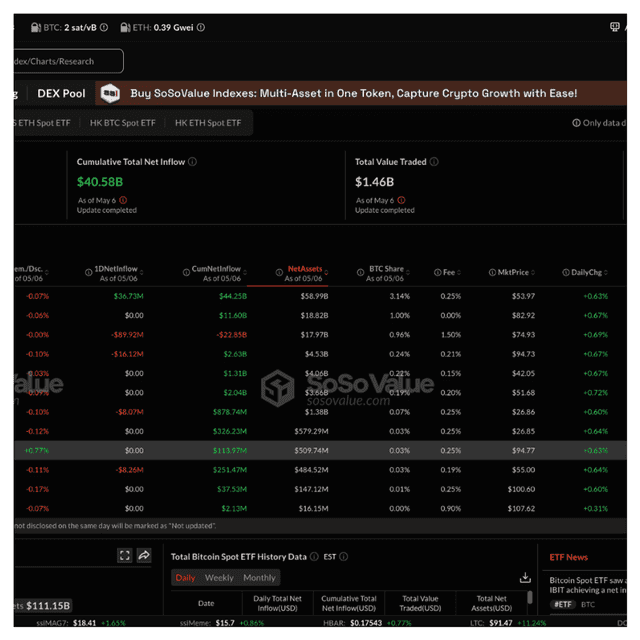2024-12-20 05:56

Image source: Unblock Media
- The Potential for Bitcoin to Become a Global Financial Asset with the Introduction of the Bitcoin Reserve Act
- Expected Changes in Bitcoin's Four-Year Cyclical Ups and Downs
[Unblock Media] The current situation marks a momentous point in the history of cryptocurrency. If the Bitcoin Reserve Act passes, Bitcoin’s status as a US Reserve Asset will be strengthened, with a significant likelihood of altering the four-year cyclical Bitcoin halving cycle.
Introduced by Wyoming Senator Cynthia Lummis, this bill mandates the US government to annually purchase 200,000 Bitcoins over five years, accumulating a total of one million Bitcoins. According to the bill, these Bitcoins will be held for at least 20 years. This could pave the way for Bitcoin to be recognized as a legitimate global financial instrument, as Lummis remarked. The passage of this bill is expected to spark similar movements in various states and countries.
The Bitcoin Reserve Act seems poised to disrupt Bitcoin's four-year cyclical rise and fall pattern. Sen. Lummis introduced this legislation with the belief that Bitcoin can play a significant role in the global financial system. Her goal is to solidify Bitcoin as a legal and stable asset through this bill. There are numerous speculations that President Donald Trump may sign this bill or push for related legislation, potentially triggering a ‘supercycle’ in the cryptocurrency market.
Bitcoin’s unique situation can be compared to gold’s price surge from $35 to $850 between 1971 and 1981. Just as the abandonment of the gold standard led to significant gold price changes, similar impacts might be observed for Bitcoin due to shifts in central bank policies and government regulations. Post-gold standard policy changes in the US had profound impacts on gold prices, implying that external factors like regulatory shifts could similarly affect Bitcoin.
Current theories of Bitcoin's supercycle have often failed to reliably predict market movements, given that each cycle—2013-2014, 2017-2018, and 2020-2021—ended in downturns rather than the anticipated sustained growth. This has led to criticisms that the supercycle is nothing but a myth.
However, President Trump’s recent actions diverge from past behavior. Proposing pro-Bitcoin executive orders or attempting to reorganize the financial system around Bitcoin is unprecedented in Bitcoin’s history. This could have far-reaching impacts not just in the US, but on the global financial system. Other countries might follow suit to stay competitive. Russia has already taken the initial steps toward Bitcoin legalization, and Germany and Thailand are showing similar movements to recognize Bitcoin as a national asset. These actions could trigger a global domino effect.
The Bitcoin market is likely to undergo significant transformation, particularly as governments or nations become new types of investors, potentially altering market dynamics. Institutional investors, differing in approach from traditional retail investors, could enhance market stability and long-term growth prospects, ultimately contributing to reduced price volatility.
The Bitcoin Reserve Act has the potential to drastically alter the paradigm of the Bitcoin and cryptocurrency markets, influencing not just a single nation but having a profound impact on the global financial market.
Get real-time crypto breaking news on Unblock Media Telegram! (Click)
Get the latest news in your inbox!





